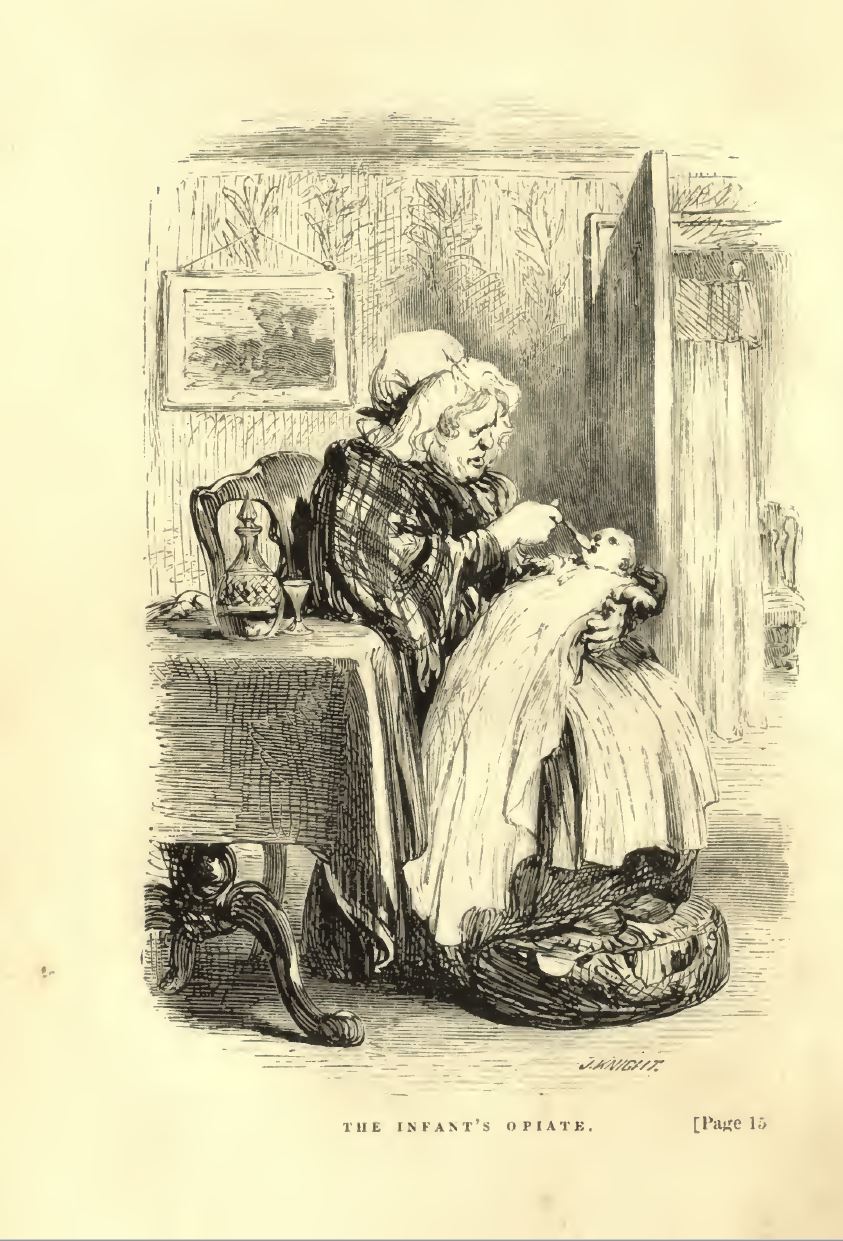The nineteenth century movement against alcohol and other intoxicants (known as temperance or teetotalism) was made up of hundreds of local and national groups, each with very different aims and approaches. One of the characteristics that brought these groups together in the mid-nineteenth century was its acceptance of women, both as speakers and leaders. Although the principles of temperance tended towards the traditional role of women as guardians of family and community morals and conduct, this conservative content conversely made it possible for women to undertake campaigning roles previously inaccessible to them because of their gender. Their work laid important (and often unacknowledged) ground for the women’s rights movement. Such was the demand for written content for the hundreds and thousands of publications per year that women were able to earn money from articles and short stories to feed the hungry presses. Not only did this give women access to a regular income, in several cases it led to writing careers in mainstream fiction such as Ellen Wood. Female temperance campaigners were among the first to speak to large mixed groups. The backlash against these female speakers was surprisingly vicious to a modern audience with violent protests at meetings and in the streets, and vitriolic articles against such ‘unnatural behaviour’ by commentators such as Charles Dickens. The bravery and determination of these early female speakers in the face of this opposition enabled a slow shift in public perceptions until, by the end of the century, it was increasingly normal (if not entirely accepted) for women to publicly speak and write about political matters. This talk will give a short history of the women of the early temperance movement, an in-depth discussion of their fiction, and a taste of the alarming opposition they faced.
Dr Pam Lock is a lecturer at the University of Bristol. Her research focuses on alcohol in Victorian fiction and culture with a particular focus on public and fictional interpretations of new medical and scientific ideas about drinking and drunkenness.


